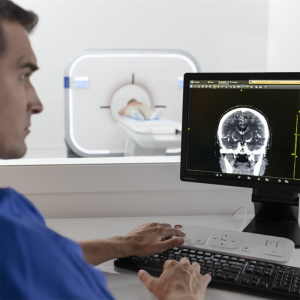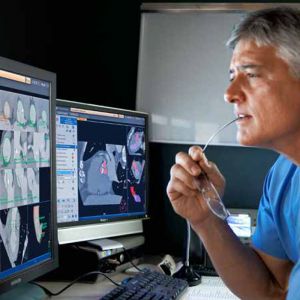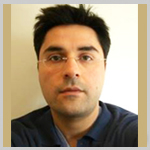Day 1: Anatomy, Calcium and Anomalies
08:00 - 08:30 Arrival Tea/Coffee and Registration
08:30 - 10:00 Workstation use and cardiac anatomy
10:30 -10:45 Break
10:45 -11:45 Coronary anatomy and standard nomenclature
11:45 -12:45 Physics of cardiac CT and reducing the radiation dose
12:45 -13:30 Lunch
13:30 -14:15 Patient Preparation, Cardiac Drugs and Protocols
14:15 -14:45 Live case demonstration
14:45 -15:30 Calcium scoring
15:30 -16:00 Break
16:00 -16:30 Workstation session 1: Calcium scoring
17:00 -17:30 Coronary Artery Anomalies
17:30 -18:00 Workstation session 2: Interpretation of coronary anomalies
Day 2: Core coronary artery disease
08:00-10:00 Review method (3D card) and advanced workstation use
10:00-13:00 Workstation session 3: Native coronary artery disease
13:00-14:00 “lunch and lecture” -- Applications of Cardiac CT
14:00-15:30 Workstation session 4: Native coronary artery disease
15:30-15:45 Break
15:45-18:00 Workstation session 5: Native coronary artery disease and live case demonstration
Day 3: Advanced coronary artery disease
08:00 - 08:30 Image optimization
08:30 - 09:30 Recap of cardiac anatomy and the 17 segment model
09:30 - 11:00 Workstation session 6: Native coronary artery disease and live case demonstration
11:00 -11:15 Break
11:15 - 13:00 Workstation session 7: Native coronary artery disease including CTO and infarction
13:00 - 14:00 "lunch and workshop" -- Advanced workstation techniques
14:00 - 14:45 Cardiac Stents and CABG
14:45 - 15:30 Workstation session 8: interpretation of stents
15:30 - 16:00 Break
16:00 - 17:00 Workstation session 9: interpretation of stents
17:00 - 18:00 Review method of CABG and Interpretation of CABG
Day 4: CABG, Aorta and CT FFR
08:00 - 11:00 Workstation session 10 Interpretation of CABG
11:00 - 11:15 Break
11:15 - 13:00 Workstation session 11: Interpretation of CABG and mixed CAD cases including Infarction
13:00 -14:00 Lunch
14:00 - 14:45 Acute Aortic Syndrome Lecture
14:45 - 15:30 Workstation session 12: Aortic pathologies and acute aortic syndrome
15:30 - 16:00 Break
16:00 - 17:00 Stress imaging and CT FFR Lecture
17:00 - 18:00 Workstation session 13: Assessment of cardiac function and advanced workstation use
Day 5: TAVI, Dilated right heart, and Congenital heart disease
08:00 - 09:30 TAVI assessment and annular measurements
09:30 - 11:00 Workstation session 14: TAVI assessment and valve disease
11:00 - 11:30 Break
11:30 - 16:00 Workstation session 15: TAVI assessment and valve disease
13:00 - 14:00 Lunch
14:00 - 15:00 Dilated right heart, pulmonary hypertension and triple rule out lecture
15:00 - 16:00 Workstation session 16: dilated right heart and basic congenital heart disease
16:00 - 16:15 Break
16:15 -18:00 Workstation session 17: basic congenital heart disease and cardiomyopathies
Day 6: Pericardium, Masses and Test Cases
08:00 - 09:30 Pericardium and cardiac masses
09:30 - 10:45 Workstation session 18: interpretation of the pericardium and cardiac masses
10:45 - 11:00 Break
11:00 - 13:00 Workstation session 19:extra cardiac findings and miscellaneous
13:00 - 14:00 -- “lunch and lecture” -- Extra cardiac findings
14:00 - 15:00 Recap and review of cases
15:00 - 15:15 Break
15:15 - 16:15 Test cases
16:15 - 17:30 Accrediting in cardiac CT
17:30 - 18:00 Conclusion and questions



